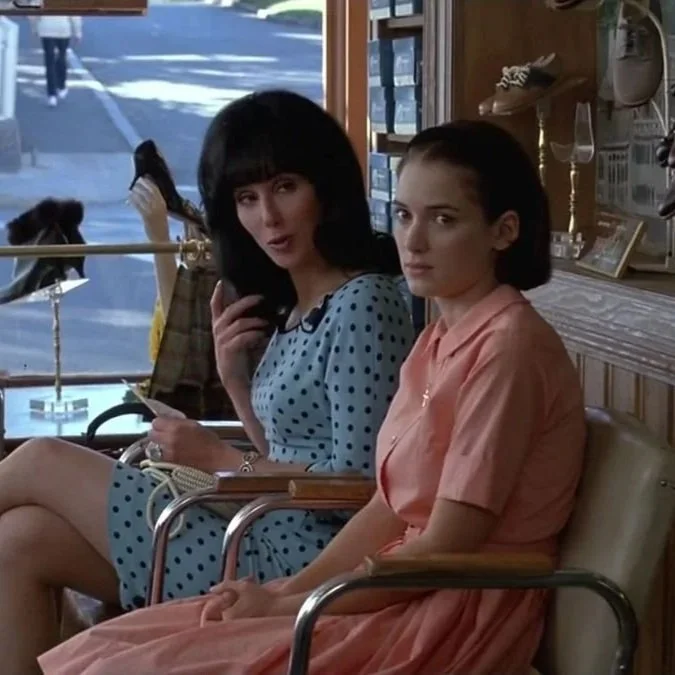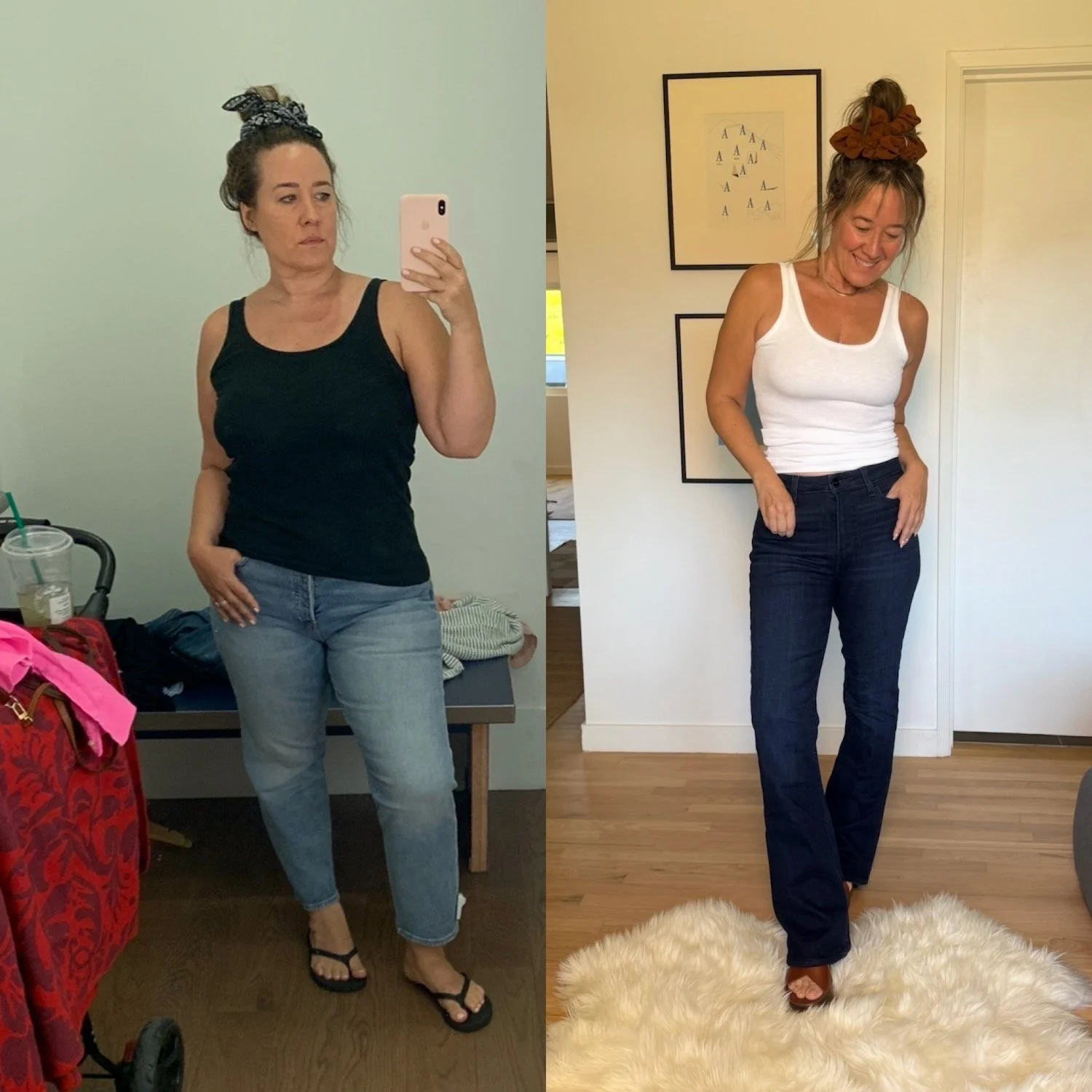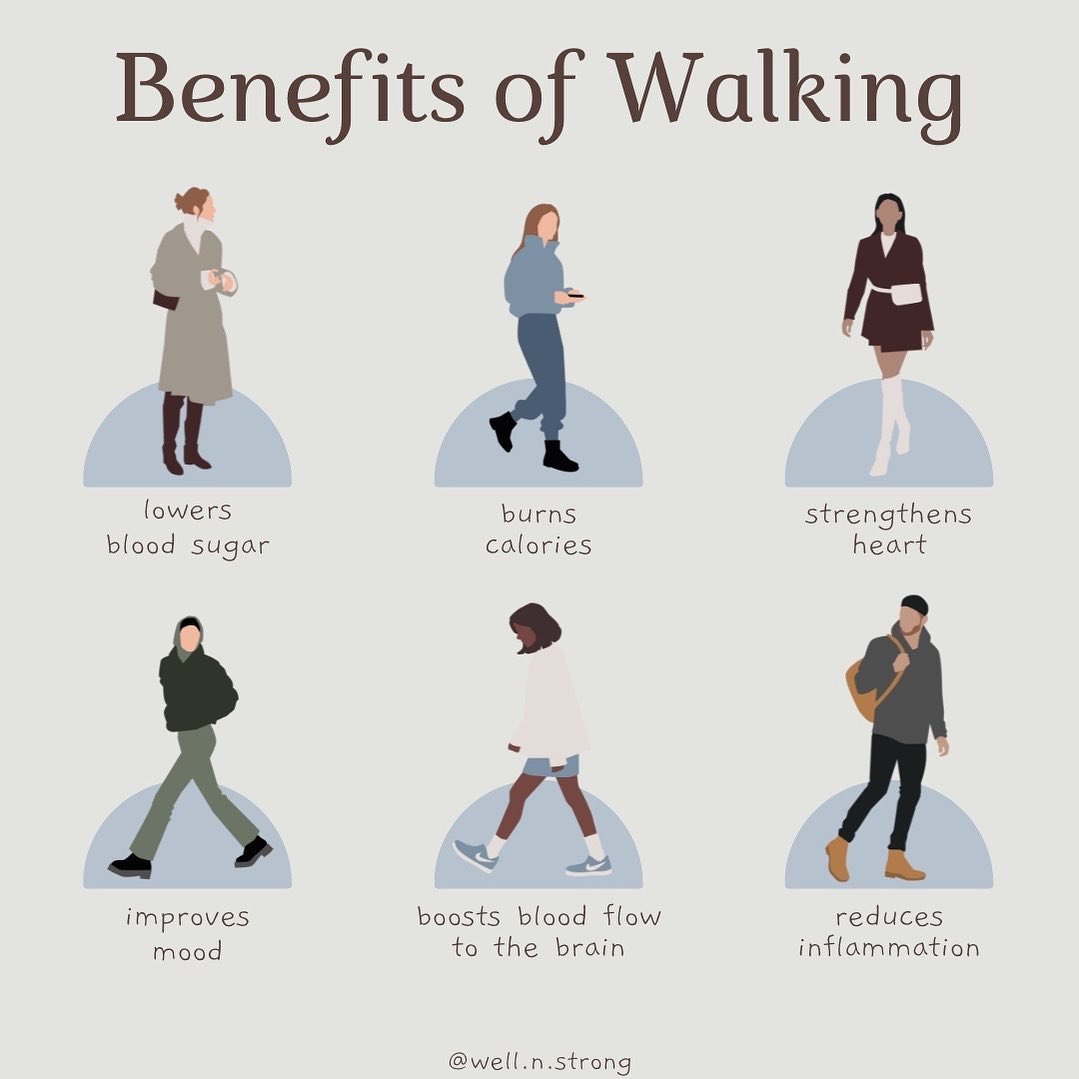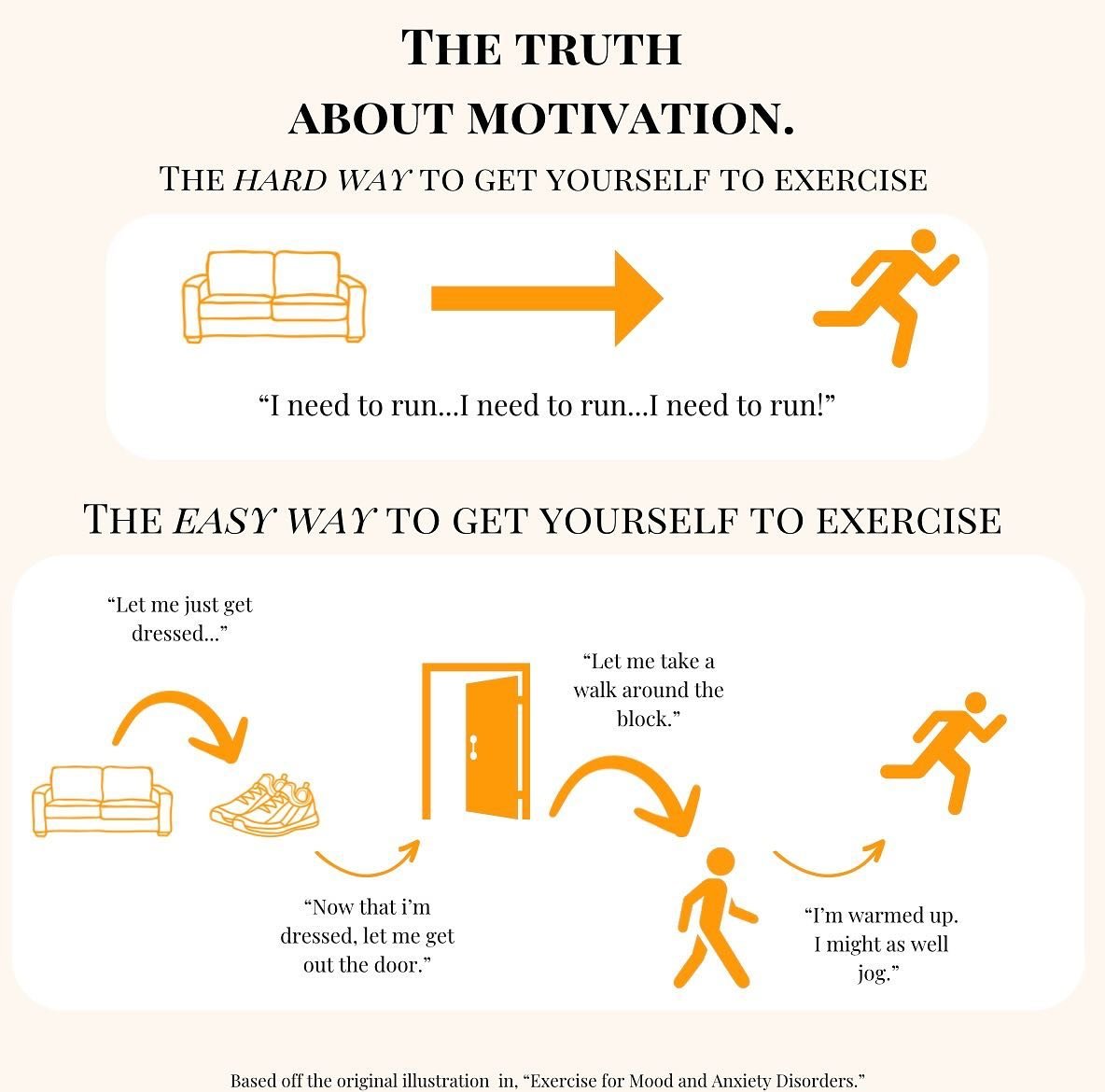Is Brisk Walking The Answer To ... Everything?
We knew it was good. We didn’t know it was this good.
by The Candidly Team
It feels like anytime we sit down to research pretty much any topic of health, we stumble upon a study that says that walking is part of the solution.
Stress? For sure.
Heart health? Naturally.
Not dying prematurely. You bet.
But we’re not here to state the obvious. We know you know that walking is good for you. And we know you probably already feel guilty for not doing it more.
But maybe you don’t know just how incredibly huge “brisk walking,” (yes, the briskness matters) can be in terms of our health or the weird little pockets of our well-being it can spill into and transform. We didn’t.
Anyway, it’s time we all knew.
So here it is:
The Many, Many Benefits of Brisk Walking
Before we dive into this loooong list of research-based reasons why walking is wildly good for us, we offer you this one suggestion:
Think about how every one of these things spills into another huge area of health. Reduced stress. Better sleep. Every single benefit has a ripple effect that makes it even more inspiring to throw on our comfy sneaks and stride our way into a longer, happier life.
And if this sounds simplistic, behold the science:
THE PHYSICAL BENEFITS
Reduces risk of death
A 2023 study showed just 11 minutes a day of activity like brisk walking was enough to reduce risk of early death. Other research from Harvard T.H. Chan School of Public Health showed “older women who take at least one brisk walk a week could potentially reduce their risk of early death by 70%.” But the literally, the more steps we take (and the faster we take them), the more we can increase our lifespan As one 2023 study showed “an increase of 1000 extra steps a day was associated with a 15% reduction in the risk of dying from any cause.”
Could lower your biological age
One UK study of 400,000 people suggested walking at a brisk pace could shave 16 years off your biological age by the time you reach mid-life.
Boosts memory and brain health and can lower dementia risk
A 2022 study of 78,000 people aged 40-75 showed that those who walked around 10k steps a day were 51% less likely to develop dementia, and that people who walked just under 4k steps a day were 25% less likely. The largest risk reduction, as reported by CNN was 62%, which was achieved by people who walked at a very brisk pace of 112 steps per minute for 30 minutes a day.” So again, pace matters.
Improves heart health
There’s a ton of research on this but one finding that stands out was that people over 70 who walked about 4,500 steps a day lowered their risk of cardiovascular disease by 77%, and taking 500 more steps day lowered their cardiovascular disease by 14%. In the case of heart health, stepping up your walking pace makes an enormous difference and could cut your risk of dying from heart disease in half, reported UCLA Health. It can also cut stroke risk in postmenopausal women by 40%.
Leads to fewer sick days
And to shorter spouts of being sick!
Could lower breast cancer risk
Women who walked seven or more hours a week had a 14% lower risk of breast cancer
Curbs sugar cravings
Um, yay.
Helps prevent and reduce obesity
One study even showed a “statistically significant decrease in body fat percentage due to moderate intensity walking exercises” in post-menopausal women.
Helps with sleep
Especially for women
Can help lower blood sugar
Short walks (even just a couple minutes) after eating can be helpful for helping your blood sugar levels “rise and fall more gradually,” reported CNN.
Decreases joint pain
Boosts energy
Builds muscular strength and endurance
Promotes balance and flexibility
THE MENTAL BENEFITS
Improves mood
Even just a 10-minute brisk walk can measurably improve your mood.
Cuts depression symtpoms
A 20-minute (again brisk) walk 5 times a week was found to lead to a “16 percent lower rate of depressive symptoms and 43 percent lower odds of major depression.”
Increases life satisfaction
At any stage of life. Truly.
Alleviates stress
Again, even in just 10 minutes!
So How Much Do We Need To Walk?
If all the above information left you befuddled as to how much you need to walk or how fast or how frequently, etc., we get it. The short answer is the longer, more often, and the brisker the better. Which isn’t that helpful, but it is the reality.
And the other reality is that we all have different schedules and demands and challenges and transfixed, sedentary states we fall into the moment we sit down and lose ourselves inside a screen. So, here are some ideas and frameworks that helped us.
TIME
You’re gonna see a lot of sources agree that you should walk at least 30 minutes a day everyday. But all kinds of intervals can do all kinds of things. 10 minutes can boost your mood. 11 can already start to reduce your risk of death. If you want to meet the Department of Health and Human Services’s guidelines of getting at least 150 minutes of moderate physical exercise a week, you’d walk for about 20-30 minutes a day. And, we really hope it goes without saying at this point, but more is more is more.
STEPS
Fewer than 5k steps a day is considered dangerously sedentary. 10,000 is still considered a great goal. New research has shown that adults over 60 who walked 6,000-10,000 steps a day reduced their risk of death by 42%, where adults under 60 who walked 7,000-13,000 steps a day decreased their risk by 49%. And like we mentioned above, any increase of 1000 extra steps can significantly decrease your risk of all-cause death.
FREQUENCY
Sadly, sitting kills. And we do so much of it. Recently, research showed that walking 5 minutes every half hour might help offset the dangerous effects of sitting. So shorter, more frequent walks are certainly an important addition along with those longer walks you’re able to work into your day as many days a week as you can.
PACE
By now, you’ve read the word “brisk” 137 times in this article. The reason is, pace really makes a difference. But what does that even mean? Well, one huge study showed people who walked 80 to 112 steps per minute (think walking like you’re in a hurry) reduced their risk of premature death, cardiovascular disease, cancer and dementia more than those who things slower. Basically, the most benefits were seen in those who walked more briskly. There it is again - 138!
And How Exactly Do I Get My Busy/ Exhausted/ Barely-Scraping-By Self To Do It?
The answer, we regret to tell you, is a Nike slogan. But the truth is, walking is so low-key that as long as you create a little window for yourself to do it, which might mean actively demanding much-deserved time for yourself, it can be pretty easy to get into a rhythm.
And it doesn’t really come at the expense of anything else. You can suggest it as a romantic, one-on-one evening stroll. You can do it on your lunch break, and we guarantee your productive/ creative juices will only flow stronger. You can do it with your kids, depending on their age, though we get that it gets tougher when they’re not strapped into a stroller. Then again, you might be clocking close to 10k steps chasing/ cleaning up after them after that.
But really it’s that one first step that’s going to be the biggest effort. And once we take it, it can actually be one of the easier things we do for our health to yield such enormous rewards.
This article is for informational purposes only. It is not intended to be used in place of professional advice, medical treatment, or professional care in any way. This article is not intended to be and should not be a substitute for professional care, advice or treatment. Please consult with your physician or healthcare provider before changing any health regimen. This article is not intended to diagnose, treat, or prevent disease of any kind. Read our Terms & Conditions and Privacy Policy.









